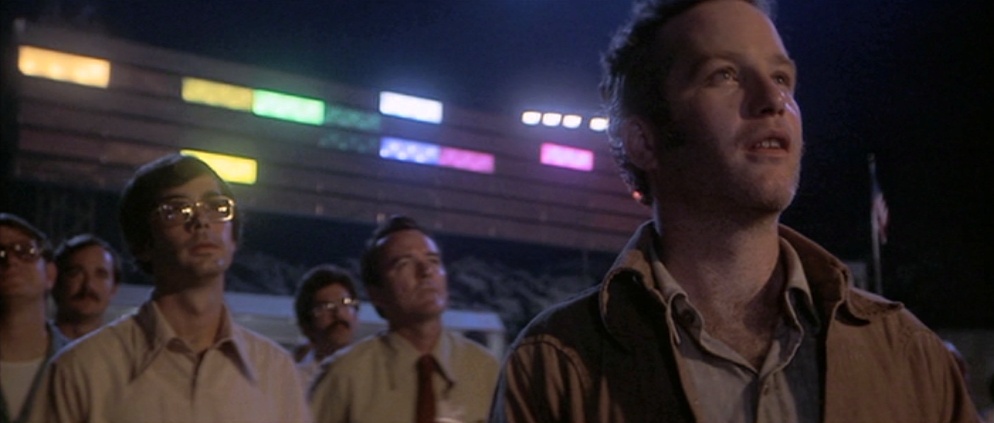Citizen Spielberg, (Lester D. Friedman, University of Illinois Press, 2006)
Empire of Dreams: The Science Fiction and Fantasy Films of Steven Spielberg (Andrew M. Gordon, Rowman and Littlefield, 2007)
DAVID ST HUBBINS [Michael McKean]: It’s such a fine line between stupid, and…
DEREK SMALLS [Harry Shearer]: … and clever.
– This Is Spinal Tap (Rob Reiner, 1984)
Two familiar devices are used to frame the discussion of Steven Spielberg’s films in Lester D. Friedman’s Citizen Spielberg and Andrew M. Gordon’s Empire of Dreams. The first is the mandatory apology: the slightly defensive opening where the author justifies their interest in such a populist and ubiquitous filmmaker. One would hope such protestations are no longer needed, but I suspect Friedman has not exaggerated the snobbishly dismissive reactions of many colleagues when he told them the subject of his book. Dropping Spielberg’s name with any enthusiasm into a film-related discussion is still a faux pas worthy of the same sort of awkward silence that might follow a fart at a dinner party; we should not be harsh on authors for offering such an apologetic opening while these attitudes prevail.1 The second familiar introductory refrain is that the existing work on the subject is patchy or misguided, allowing the present author to sweep in and produce a definitive account. With regards to coverage, the case is hard to make; Spielberg’s work has been the subject of a number of book length studies already.2 While these, of course, have their own quirks and flaws, collectively they amount to a substantial body of critical work, and it is hard to sustain an argument that Spielberg’s work is under-discussed. Gordon’s approach is to differentiate his book by concentrating on a niche of Spielberg’s filmography (albeit a large niche that covers much of his output) – science fiction and fantasy films; while Friedman distinguishes his book from the others which he categorises as either biography, interviews, behind-the-scenes accounts or “general commentaries for fans” (p.1). However, I’m not sure that such categorical nit-picking can really sustain Friedman’s contention that scholars have “ignored” Spielberg (p.1). What is perhaps more accurate – and this brings us back to the point about snobbery – is that the vast amount of critical and academic work on Spielberg has failed to substantially shift opinions of his basic merits as a filmmaker. Peter Biskind’s Spielberg-and-Lucas-destroyed-Hollywood narrative is still all-too widespread.3, and there remains a tendency to fixate on certain aspects of his style (like characters gaping up at bright lights) that are perhaps more appropriate to a study of his work circa 1983. I have little doubt that Spielberg’s reputation will rise over time, as a generation of critics and theorists who have grown up with Spielberg and have an ingrained sympathy towards him come to the fore.4 For now, though, there is enough orthodoxy in the approach to Spielberg that Friedman and Gordon can cast themselves as iconoclasts for offering even a limited defence of him.
